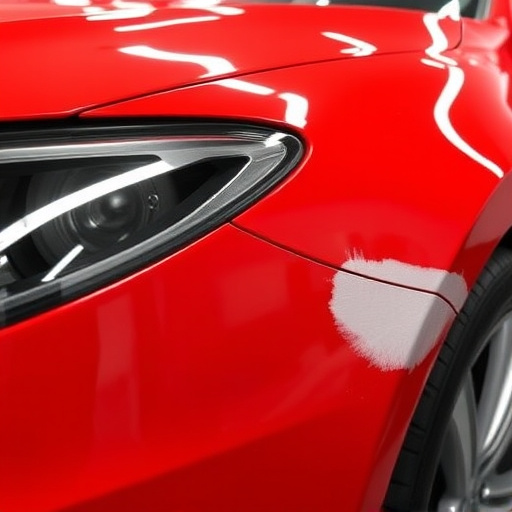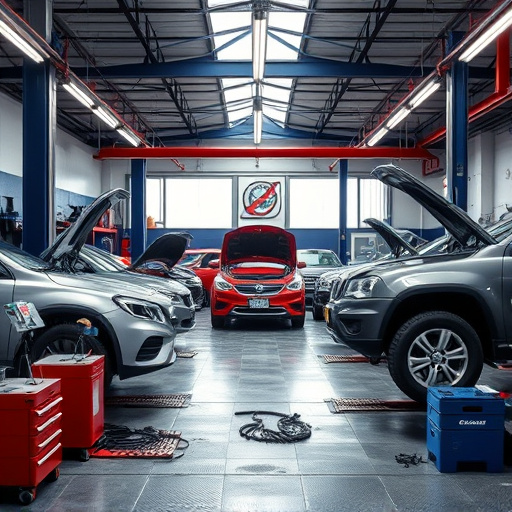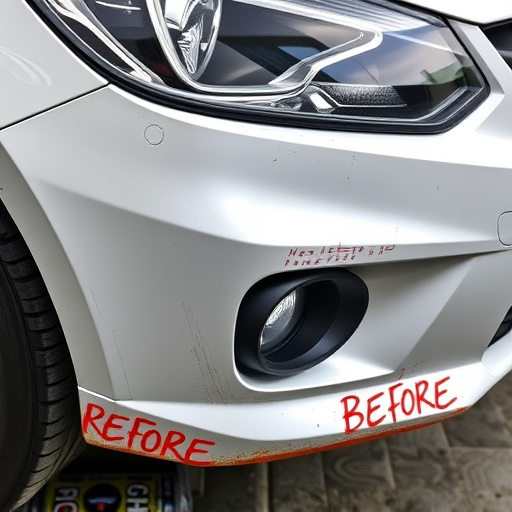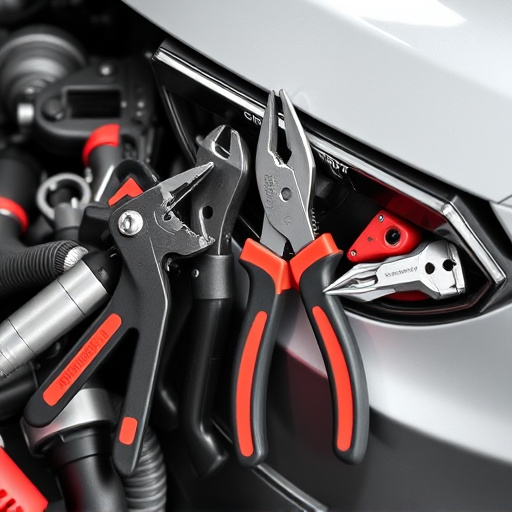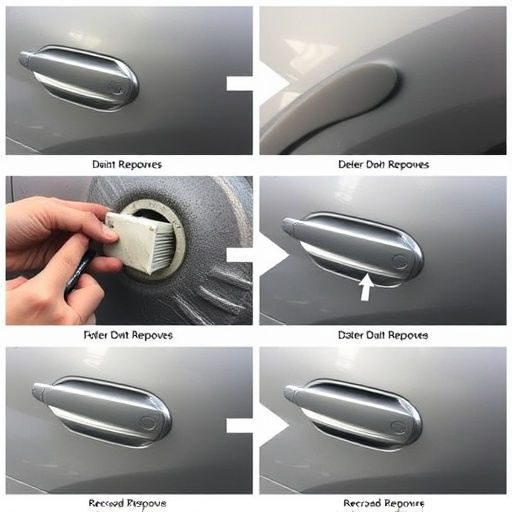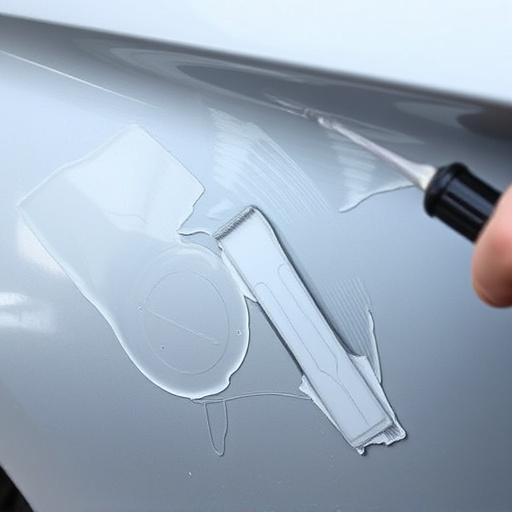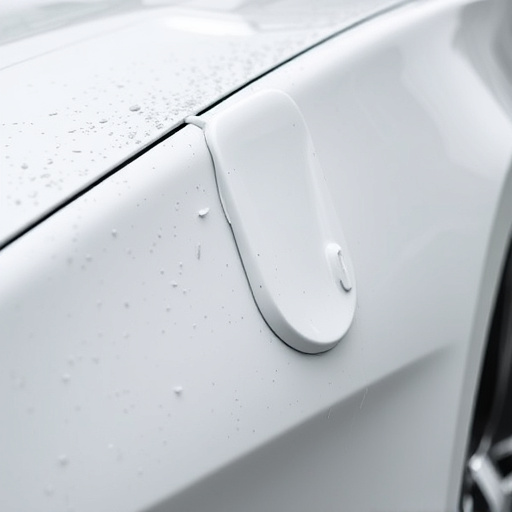Auto body shop ratings are crucial for guiding consumers and shaping facilities' reputations. High ratings, driven by positive reviews, ensure craftsmanship, efficiency, and customer satisfaction. Quality control processes are vital for maintaining standards, preventing errors, and fostering trust, ultimately impacting a shop's success and market standing. Excellent work leads to increased satisfaction, positive reviews, and a loyal client base, safeguarding ratings and establishing leadership in collision repair.
In the competitive automotive repair landscape, understanding the link between quality control (QC) and auto body shop ratings is paramount. This article explores how rigorous QC processes directly impact customer satisfaction, ultimately shaping shop reputation. We delve into the factors driving these connections, providing insights for shops to enhance their ratings through proven QC strategies. By implementing effective practices, auto body shops can ensure superior results, foster trust with clients, and thrive in a crowded market.
- Understanding Auto Body Shop Ratings Impact
- Quality Control Processes and Their Effectiveness
- The Direct Connection Between QC and Customer Satisfaction Ratings
Understanding Auto Body Shop Ratings Impact
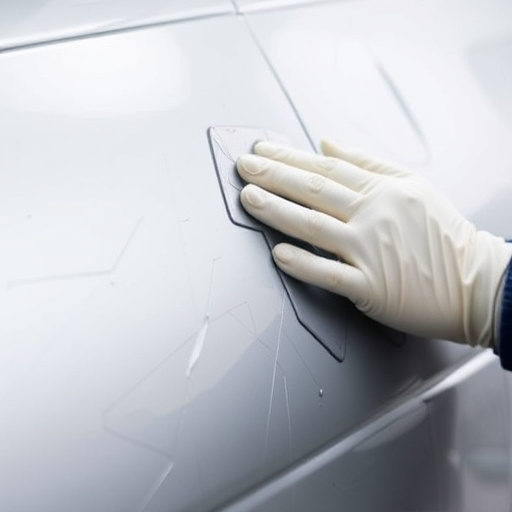
Auto body shop ratings play a pivotal role in shaping consumer decisions and the overall reputation of repair facilities. These ratings serve as a powerful tool for customers seeking reliable and quality auto repair services, especially when searching for an “auto repair near me.” The impact extends beyond mere numbers; they are a reflection of the craftsmanship, efficiency, and customer satisfaction associated with a particular shop. A well-deserved high rating indicates excellence in vehicle restoration and collision repair services, such as those offered at top facilities like Mercedes Benz Collision Repair centers.
Understanding consumer behavior reveals that positive reviews and high ratings can significantly influence the success and longevity of an auto body shop. They build trust and encourage customers to choose the rated shop over competitors. Moreover, these ratings prompt businesses to maintain and improve their standards, ensuring they stay ahead in a competitive market. This dynamic relationship between ratings and quality control is essential for fostering customer loyalty and promoting excellence in the automotive repair industry, ultimately driving the demand for top-tier vehicle restoration services.
Quality Control Processes and Their Effectiveness
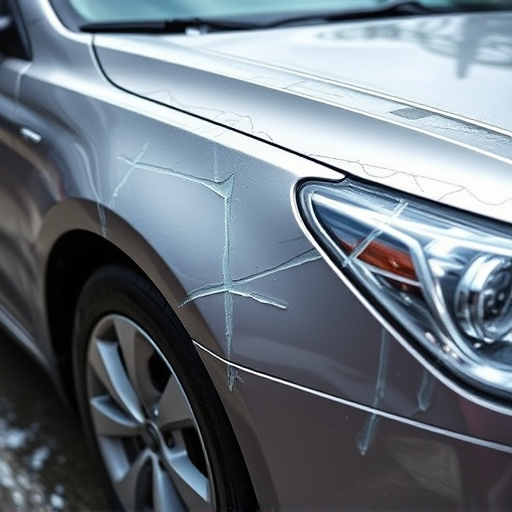
Quality control processes are integral to maintaining high standards in auto body shops, and their effectiveness is directly linked to positive customer experiences and high auto body shop ratings. These processes involve a series of rigorous checks and inspections at every stage of the repair or restoration process, ensuring that each vehicle meets the required safety and aesthetic standards. For instance, in a Mercedes-Benz repair workshop, quality control might include meticulous panel alignment, precision painting techniques, and thorough testing of all systems to verify their functionality after repairs.
A well-implemented quality control system serves as a filter, weeding out any subpar work or materials used during the car restoration process. By focusing on these procedures, auto body shops can minimize errors, delays, and customer dissatisfaction, fostering trust and loyalty among their clientele. Ultimately, consistent quality control contributes to a shop’s reputation, making it a key differentiator in the competitive automotive services market, especially when considering the broader implications for customer satisfaction and vehicle resale value.
The Direct Connection Between QC and Customer Satisfaction Ratings

The direct connection between Quality Control (QC) and auto body shop ratings is undeniable. When an auto collision center or car body repair shop consistently delivers high-quality work, it directly translates to increased customer satisfaction ratings. QC processes ensure that every repair is executed accurately and meets industry standards, fostering trust among clients. Satisfied customers are more likely to leave positive reviews, recommend the shop to others, and return for future services, all of which positively impact the shop’s reputation and rankings.
Moreover, a robust QC system acts as a filter, weeding out subpar repairs that could lead to customer complaints and negative feedback. By consistently maintaining high standards, these shops prevent costly mistakes and ensure every vehicle leaves their facility in pristine condition. This not only safeguards their ratings but also builds a loyal client base that values the shop’s commitment to excellence in collision repair.
Auto body shop ratings are intrinsically linked to quality control processes. By implementing rigorous QC measures, shops can significantly enhance their customer satisfaction scores and overall reputation. Understanding the direct connection between these two elements is pivotal for any business aiming to excel in the competitive automotive repair industry. Investing in quality control isn’t just about meeting standards; it’s about fostering trust and loyalty among customers, ensuring long-term success and positive auto body shop ratings.

